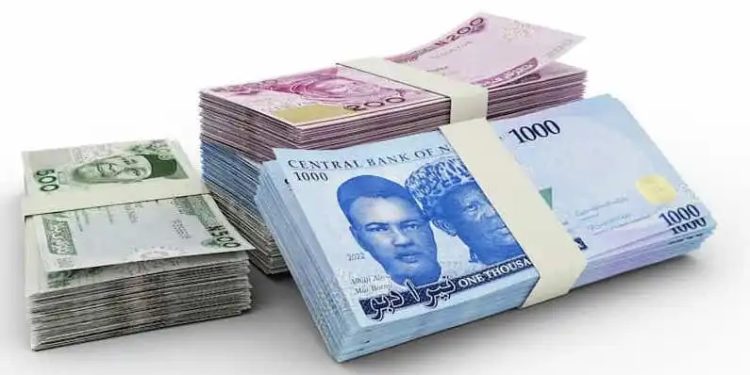The devaluation of the naira under President Bola Tinubu’s administration in 2023 has led to both gains and setbacks in Nigeria’s manufacturing sector, according to a report by the Manufacturers Association of Nigeria (MAN). While the sector saw a significant increase in investment by 32.6%, the depreciation negatively impacted job creation and production capacity, highlighting a complex economic landscape for manufacturers.
Investment Surges Despite Challenges
The MAN report, presented by Director General Segun Ajayi-Kadir at the association’s 52nd Annual General Meeting, showed that total manufacturing investment rose to N429.47 billion in 2023, up from N323.98 billion in 2022. This increase of over N105 billion, or 32.6%, was largely attributed to the naira’s devaluation, which has made it more financially attractive for businesses to invest domestically.
Investment growth was especially strong in the second half of 2023, where sectoral investments increased to N236.57 billion, a rise of 22.6% from the N192.89 billion recorded in the year’s first half. Ajayi-Kadir noted that while the monetary value of investment improved, the depreciation of the naira placed operational pressures on manufacturers due to rising import costs.
Job Creation and Production Capacity Decline
Despite the investment uptick, job creation in the manufacturing sector plummeted. Total employment in the sector decreased by 37.8% in 2023, dropping from 16,300 jobs in 2022 to just 10,133. The most severe decline was noted in the latter half of the year, with job creation falling by 41.97% compared to the first half. Ajayi-Kadir linked this trend to the naira redesign policy and economic adjustments under the new administration, such as the removal of fuel subsidies and a unified exchange rate.
The MAN report also highlighted a drop in capacity utilization within the sector. Average capacity utilization fell to 55.1% for 2023, down from 56.4% in 2022. This decrease reflects the challenges manufacturers face in maintaining production levels amid rising costs and economic adjustments.
Broader Economic Impact and Outlook
Ajayi-Kadir acknowledged that while investments in naira terms rose, the manufacturing sector’s growth remains hindered by inflation, high production costs, and policy shifts. The sector also suffered from operational disruptions as some manufacturing firms closed down, compounding job losses.
Looking forward, MAN suggested that further economic stability, supportive policies, and efforts to contain inflation could help the sector maximize its investment growth and improve employment numbers. However, the report warned that without a steadying naira and structural reforms, the manufacturing sector might continue to struggle in areas crucial for sustained economic development.










